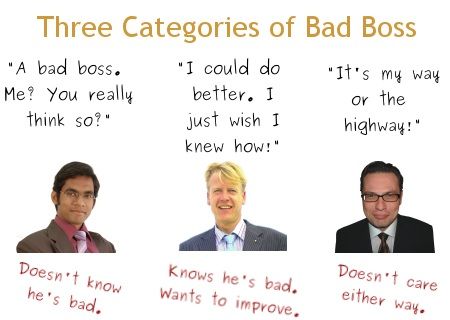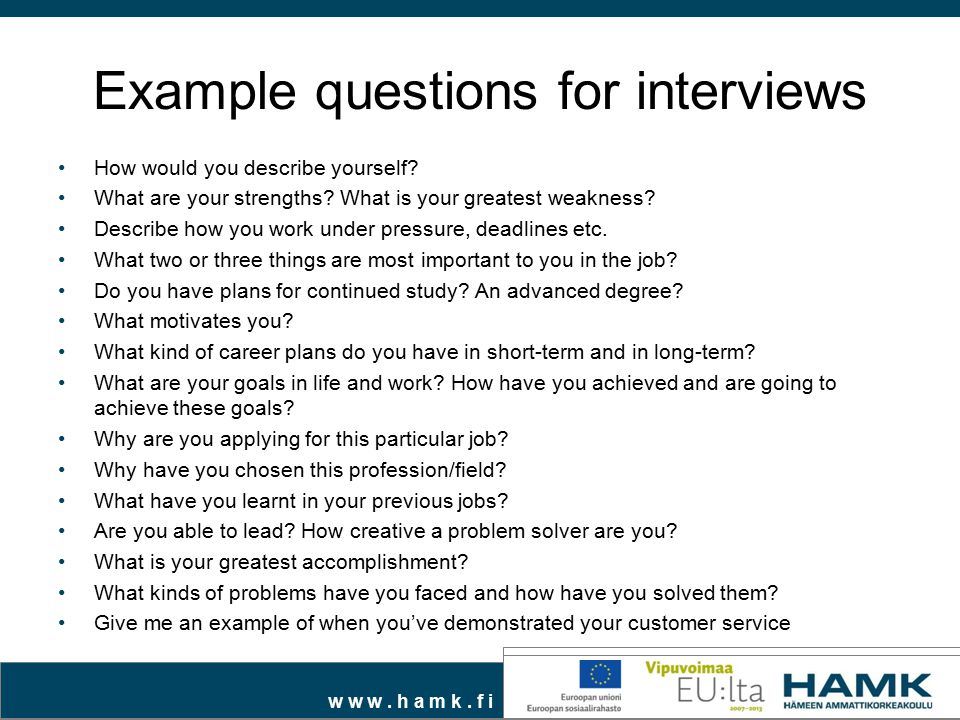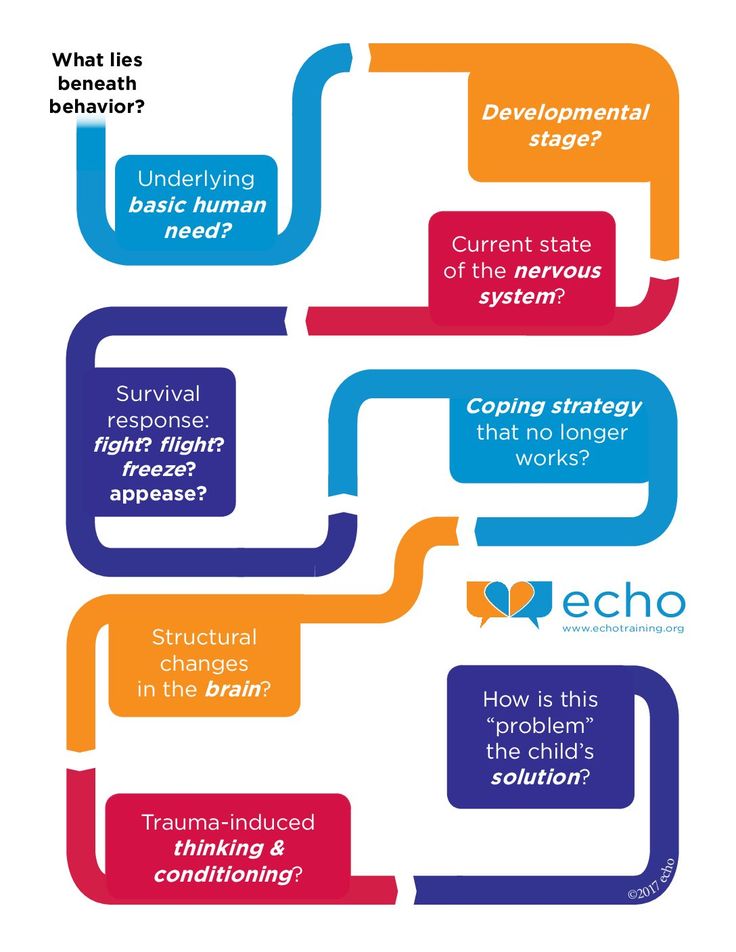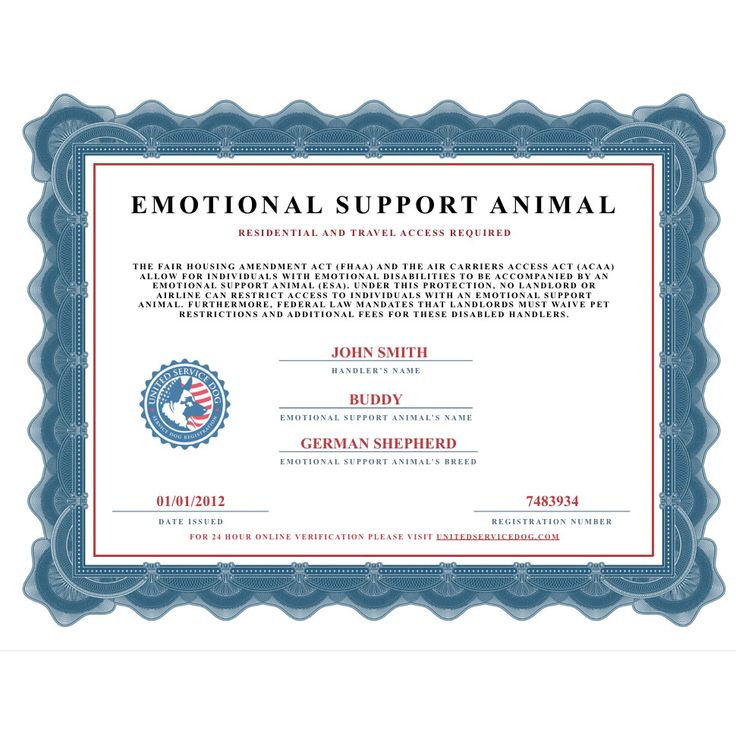How to deal with bad attitudes
5 Tips for Managing Negative Attitudes at Work
Contents
Negative attitudes at work harm everyone. The hallmarks of an employee with a bad attitude may not seem significant at first glance – gossiping and spreading rumors, tardiness, rudeness to others, reactionary behaviors, and careless work, to name a few – but the impact can be enormous. It takes just one toxic employee to spread negativity, leading to distrust among staff, decreased engagement, low morale, or worse. According to the University of Southern California, negativity in the workplace costs businesses $3 Billion per year because of its harmful effects.
In the end, negative attitudes cost companies money and damage employer brands.
Author and Forbes Councils Member, Raphael H. Cohen, says the toxicity of people with poor attitudes “inevitably leads to a reduced level of engagement from those around them. Reduced engagement automatically means reduced performance.”
These toxic people also drive away talent, and the companies that tolerate them inevitably end up with less-talented employees, says Cohen.
Why employers must address negative attitudes
Negative attitudes in the workplace are like viruses. They’re contagious and can spread quickly, leaving untold damage in their path.
Employees with bad attitudes are a distraction, says Sarah Freeman, an associate professor of organizations and strategic management at the University of Wisconsin-Milwaukee’s Lubar School of Business. “If people are grousing, whispering, whatever — being negative — they’re not doing something else, particularly something that advances the interest of the organization.”
Worse, the negative attitude spreads.
Research from Harvard Business Review (HBR) shows that all it takes to destroy a high-performing team is a single toxic team member. And in today’s workplace, where we depend on coworkers collaborating and working in teams, negative attitudes can be particularly corrosive.
How to identify an employee with a bad attitudeSometimes, an employee with a bad attitude will stand out among peers. According to HBR, these toxic team members can:
According to HBR, these toxic team members can:
- Erode “team brand” with their behavior, causing stakeholders outside the team to be 2,000 times less likely to see the team as being effective in delivering results,
- Undermine the values of the team leader and the company, breeding cynicism,
- Degrade the team culture by normalizing bad behavior within the team.
But these bad actors are not always easy to spot. Sometimes employers have to make an effort and ask the right questions.
Uncover negative attitudes before they spread
The easiest way to find out if an organization has a negative attitude problem and where it may be coming from is to ask employees. Engagement Multiplier encourages the regular use of brief, anonymous surveys to understand changing staff attitudes. Plus, Engagement Multiplier offers a sentiment analysis tool to clearly label positive and negative employee feedback making it quick to spot.
Gathering feedback to detect negative employee attitudes can be an invaluable use of an employee feedback tool – ideally, it can signal early warning signs before things get out of hand.
But leaders shouldn’t stop at just knowing there’s a problem. We must recognize the issues identified, let employees know the company will take their feedback seriously, and quickly address employees with bad attitudes.
How to deal with employees with bad attitudes
- Start by being a good example. Leaders can’t expect employees to act any differently than they do, so we must start with making sure we are setting a good example. We should always be optimistic about our organization and employees – and reward positive attitudes.
- Listen to employee concerns. Instead of simply writing off grievances to bad attitudes, listen and ask questions. Take feedback seriously, address problems swiftly, and look for opportunities to coach.
- Coach employees who have joined the bad attitude bandwagon.
 Most people don’t naturally have a bad attitude, but it’s easy to get swept away by negativity. Managers should start by coaching influential team members who can help lead their colleagues to more positive attitudes.
Most people don’t naturally have a bad attitude, but it’s easy to get swept away by negativity. Managers should start by coaching influential team members who can help lead their colleagues to more positive attitudes. - Part ways with negative employees who are not coachable and continue spreading negativity and eroding company culture. Don’t drag things out, which only builds frustration and can be costly, even triggering other employees to leave.
- Reevaluate frequently. Just because leadership has dealt with a problem doesn’t mean it will stay resolved. Even if the toxic person is no longer with the organization, someone else will take their place if the root of the problem still exists.
Whereas a negative attitude at work is bad for business, conversely, positive attitudes in the workplace will reward the organization with reduced stress levels, better productivity levels, improved problem-solving, better decision-making, and many other business-favorable outcomes. In short, the cost of managing negative attitudes at work is an investment that provides a healthy return. And just like negative attitudes, positive attitudes can also be contagious and spread throughout the organization.
In short, the cost of managing negative attitudes at work is an investment that provides a healthy return. And just like negative attitudes, positive attitudes can also be contagious and spread throughout the organization.
Dealing With Employees with Negative or Bad Attitudes
It is not uncommon for a workplace to have one or two employees that are known for their negative attitude towards their jobs. Unfortunately, the negative attitude exuding from just a couple of members of staff can have a negative impact upon the entire workforce and even the success of the business. Given enough time, this kind of attitude could cause irreparable damage, resulting in other members of staff leaving the company, as well as customers choosing to take their business elsewhere. For this reason, it is a good idea to address any concerns over an employee with a negative attitude as soon as you can, to reduce the impact it has one everyone else around them.
Identifying employees with bad attitudes
Before you can deal with these employees, you first need to be able to identify the ones that have a negative attitude. Though you might think that this should be obvious, it isn’t always the case. It is not uncommon for an employee with a negative attitude to be adequate in their work and quiet in their role so as not to stand out as a trouble maker to the boss, while still having a negative attitude towards other co-workers, customers and their work. To spot these negative minded employees, look out for ones who:
Though you might think that this should be obvious, it isn’t always the case. It is not uncommon for an employee with a negative attitude to be adequate in their work and quiet in their role so as not to stand out as a trouble maker to the boss, while still having a negative attitude towards other co-workers, customers and their work. To spot these negative minded employees, look out for ones who:
- Undermine the authority of management, criticising decisions made.
- Complain frequently about the business, their workload, customers or colleagues.
- Exaggerate problems or mistakes made by either the company or other members of staff.
- Gossips about other employees or management to cause tension between staff members.
Preparing to speak to employees with a bad attitude
Once you have identified the team members that have a bad attitude in the workplace, the next step is to prepare yourself for speaking to them. To do this, think about what impact you believe the bad attitude is having on the business and those that work with the individual, how you feel the behaviour of the attitude employee differs from the rest of the staff and what difference you think it would make to the morale of the business and team members if this bad attitude were eradicated.
It is a good idea to make sure you have a good framework in place within the company, that there are policies regarding how an employee should behave and work and if possible, print this out to have a copy of it for the meeting. During the meeting, you can refer back to this and show the employee where they are falling short of their duties and responsibilities within their role in the company.
It is also a good idea to have more than one person conduct the meeting, with at least one supervisor or HR representative in the room. Doing this will help the employee to see that concerns over the bad attitude are shared by more than one supervisor/manager/staff member and are not a personal attack.
Tips for speaking to an employee with an attitude
When you speak to an employee with a bad attitude towards work, try to ensure you:
- Try to make the employee feel more comfortable. These kinds of meetings can be quite awkward as the topic is one that is difficult to discuss, let the employee you appreciate the awkwardness and it is natural to feel that way.

- Focus on results and productivity, do not make it personal. The employee needs to know that you are not personally attacking them, so try to use phrases like “I am bringing this up because it is important you address this problem to be successful in your job role”.
- Focus on the positive. For example, you can tell an employee what they do/how they behave which is good, and/or you can explain how makes changes to attitude will improve on job performance going forward.
- Be specific, have an example of a bad attitude that you want changing and avoid being vague about what your issue is. Telling an employee that you don’t like their attitude is not going to be very productive, telling an employee that their gossiping about co-workers causes tension, on the other hand, is much more direct.
- Listen to what your employee has to say, they may tell you the root cause of their attitude. Even if they don’t, letting the employee speak will allow them to voice their concerns, make them feel like they have a voice, give them chance to defend their actions and generally allow them to blow off steam, all of which might in itself, help the bad attitude situation.

- Be inclusive, try to use words like ‘we’ (i.e. “we feel like your attitude has declined etc.) and avoid using ‘you’ too often as this directs blame onto one person and may make them feel singled out.
- Avoid adding a ‘but’ or ‘however’ onto the end of positive statements, otherwise, your employee will feel like you can’t say anything nice, without turning it into a negative. Give your employee some positive feedback and go onto say how this could be made even better instead of saying where it needs improvement.
- Give the employee time to think about what you are saying. As a manager, it is tempting to try to fill awkward silences within a meeting, but sometimes this can anger the other person. Instead, allow silences within the meeting, give your employee time to think and appreciate exactly what you are saying.
When it comes to dealing with employees with a bad attitude it is important to keep in mind that everyone is different and as such, every employee should be treated differently. Understand and work with the employee on a personal level, to find an approach that works in changing their attitude.
Understand and work with the employee on a personal level, to find an approach that works in changing their attitude.
How to deal with negative colleagues
Are you surrounded by negative colleagues? Do not despair! To survive in such a team, you do not have to be like them. You can get a lot of benefits for your career from communicating with them, so do not rush to look for a company that is more pleasant.
Diving into the swamp
There is hardly a person who has never encountered colleagues who are just killing time, sitting out working hours, while not forgetting to receive a salary. As a rule, they are dissatisfied with their work and the company, but continue to hold on to the place. Among them, there are often those who like to complain, intrigue and “have fun” with bullying and mobbing. And they do not like newcomers, seeing them as a threat to their well-established life.
Why management tolerates them is a separate question. But if you manage to be in such a team, in order not to sink to his level, you will have to try.
But if you manage to be in such a team, in order not to sink to his level, you will have to try.
Everything is for the good
If, having sorted out the situation, for some reason you cannot immediately change jobs, do not become discouraged, you do not plan to vegetate here until retirement. Remember why you chose this particular company or department. Maybe you need certain skills or experience in a particular market? So focus on this. Imagine that you have to run a long distance all alone. To overcome irritation, fatigue and doubt, you need to remember the ultimate goal and not let colleagues lead you astray.
Besides, what does not kill, hardens. Yes, the atmosphere of such teams is detrimental to all living things, but on the other hand, the situation provides an opportunity to hone skills that are very useful for life and further career: composure, the ability to manage stress while maintaining optimism, self-discipline and the ability to follow one’s own development strategy. Most likely, on your career path you will have to face all sorts of intriguers, liars or bullies more than once. So it's time to get ready - this will help you avoid embarrassing mistakes in the future when the stakes are higher.
Most likely, on your career path you will have to face all sorts of intriguers, liars or bullies more than once. So it's time to get ready - this will help you avoid embarrassing mistakes in the future when the stakes are higher.
Understand but not accept
Show sympathy, but don't get carried away. It is quite possible that these people were also once full of enthusiasm, and now, for some reason, they are only passively waiting for their life, arranged according to the principle “it will do just that”, to change for the better by itself. Probably, after talking, you will understand why this happened, and this will help to avoid their fate.
Be vigilant and watch what you say and do. Try to make contact and learn more about the life of colleagues outside of work, trying to find common ground. But! Tell as little as possible about yourself - everything said can be used against you in the future. Try not to criticize anyone - in such teams they love and know how to notice other people's mistakes, and if they try to drag you into such a discussion, try to portray indifference, change the subject or avoid the conversation.
In general, ask yourself: “How much can these people hurt my career?”, “Do I need them to do my job?”. Maybe the best way out is to be patient and ignore their escapades, treating them like spoiled children. True, this does not always work. Bullers, for example, respect only strength. If you decide to go on the offensive, find out the relationship with each of the offenders personally. Give examples of behavior that you consider unacceptable and express your desire to build relationships in a different way. It is likely that this "unfortunate" case will be brought to the attention of other members of the team or management. But is it really that bad?
On the contrary
No matter how your relationships with colleagues develop, think first of all about your work and career. Use your knowledge and aspirations to compare favorably with the ballast. Raise the bar. Use any way to take the initiative, be it a meeting or training. By the way, such activity can cheer up the team, and the need to compete can awaken instincts that have long since fallen asleep.
Of course, it is not easy to remain optimistic without the support of others. In this case, one cannot count on leadership - such a situation is unlikely to have developed without his blessing. Try to create a support group yourself, look for allies in the company and outside it, and be ready in turn to be useful to these people.
Based on Businessweek. com
10 Steps to Improve Relationships at Work
what is wrong with me, why can't I find a common language with people?
“When analyzing the situation, explanations will surely appear: either you are unsociable in life, or you don’t know how to ask questions, or you don’t provide feedback, or you are such a critic that everyone is tired of you, or a bad professional,” says business coach Elena Kokhnenko . “There can be many reasons, but until a person takes up the analysis of what is happening, the situation will not change. ”
”
Often, it is the employee of the HR department of the company, who observes the situation from the outside, who can help solve the problem of tensions in the team. If there is a psychologist in your organization, do not hesitate to go to him with this question - this is not a “nonsense story”, it is important to solve it, your career and state in general largely depend on this.
You can also speak directly with colleagues. Surely among them there are those who will help and tell you what is wrong. You can ask everyone's opinion individually or assemble a kind of round table to chat in an informal setting: buy sweets for tea and invite colleagues to a meeting.
After you have identified your weaknesses in the second step, you can send the following question to your friends and colleagues with whom you have the most trusting relationship: what are my five best character traits . After analyzing their answers, you can develop your strengths and focus on them when building relationships in a team.
“What do you think it is necessary to develop more actively – strengths or weaknesses? The right decision would be to work on the strengths,” says Elena Kokhnenko .
This method is recommended by Human Resources Specialist Elena Filyanova. Select three to five people who have the greatest impact on your performance at work. Set up a meeting with them and ask them what they miss from you during their work: feedback, a positive outlook on things, efficiency, involvement, and so on.
We recommend holding such meetings at least once a year, even if relations with the team have improved - such sessions help to calibrate the settings of internal processes, double-check the accuracy of relationships, update work algorithms, and clarify misunderstandings on non-working issues. After such conversations, relations between colleagues, as a rule, become much better, because it is not necessary to love each other, but you can agree with each other how not to let down or annoy.
“A lot of interesting things are revealed during the meetings,” Elena Filyanova shares her experience . - For example, one employee thought that he was treated badly in the team because he was not invited to a joint lunch. It turned out that he was not invited, as he was very busy, and colleagues were sure that he would refuse. People often have their own erroneous view of the situation. And if it is not clarified, it will only become more complicated - hence mutual insults, misunderstandings and claims.
Each person has his own perception of the world. It dictates to us the actions that we perform, based on our vision of the situation.
“Companies always employ people with different values. For some, this is work, they care exclusively for their department, their performance, they will not go home until they have done everything that is planned, - gives an example of coach Maria Zhirkova . - Others have a family and a home: they continue to solve personal matters during the working day, they can leave because of them earlier or take a day off. Conflict often brews between these types of employees. Therefore, many companies develop their personnel service in such a way that the personal values of employees unite the team.”
Conflict often brews between these types of employees. Therefore, many companies develop their personnel service in such a way that the personal values of employees unite the team.”
For these purposes, there are corporate events where people manage to communicate outside the working situation, understand the motives of each other's behavior, discern something that can be close in those who annoyed with their dissonance in their views. It is enough to talk with a colleague in an informal setting, and you will find out that, for example, his daughter is growing up, the same age as yours, or you both love cycling - you can always find common ground.
At the moment of solving any issue, everyone gives arguments based on their values, dictated by their personal perception of the world. To be able to muffle your subjective opinion and be loyal to the position of others is an invaluable quality for negotiating.
Ilgiz Valinurov , director of the Business Connection recruitment agencies corporation, notes that the most common cause of conflicts and misunderstandings is that a person does not try to build relationships with others. If you begin to appreciate colleagues not only as professionals, but treat them with respect as a whole as individuals, they will certainly appreciate it.
If you begin to appreciate colleagues not only as professionals, but treat them with respect as a whole as individuals, they will certainly appreciate it.
Any result is made up of small actions. “Everything complex is decomposed into simple things,” explains Ilgiz Valinurov . “If you need to improve your relationship with a colleague, write a list of 5-10 things to do.”
Let's say you don't have a relationship with your CFO. Here is an example of the simplest checklist for improving the situation:
- say hello politely in the morning and don't forget to say goodbye in the evening;
- to make a small, non-committal present - a newly published issue of a financial magazine;
- ask the financial director for advice - everyone likes to be perceived as experts.
According to entrepreneur, business coach Denis Rodionov, often relationships with others do not work out when a person has certain expectations of how they should be treated, but they systematically do not come true, and he is endlessly upset by this.
It is important to understand that people are not obliged to love you: they do what they think is right and right. “This issue is directly related to the development of a person’s personality,” says Denis Rodionov. - According to an often repeated scenario, an undeveloped personality falls into conflict with others who signal to him that it is time to change. The more personally developed a person is, the less expectations he has from others: it is easier for him to find common ground with different people, to compromise, to resolve conflicts.
We are all different. And our psychotypes cannot but affect our manner of communicating and working - this is important to consider.
“For example, the rational plans everything,” says HR specialist Liya Sergeeva . - And the irrational acts according to circumstances. There is a difference between logicians who try to structure their activities and ethicists who, like me, do not plan anything. These psychotypes can both cooperate and conflict. The leader should rely on more responsible people, and the irrational should designate deadlines, and then his rational colleague will be able to influence the other with these reference points.
The leader should rely on more responsible people, and the irrational should designate deadlines, and then his rational colleague will be able to influence the other with these reference points.
In the same team, sometimes there are different types of leaders - emotional, strength and intellectual. But they can be completely separated: the power one will go forward and lead, and the emotional one will inspire and infect. If you put two emotional or two power leaders in one team and for one task, then you will have to share areas of responsibility between them, otherwise they will butt heads.
According to Lia Sergeeva , each person has clear dominants. The manager needs to understand the psychotype and the strengths and weaknesses of the employee, and what part of the business processes can be trusted to him. For example, a tactician is able to manage projects but not people.
To learn the psychology of typology, you can attend trainings or read books on psychotypes.













